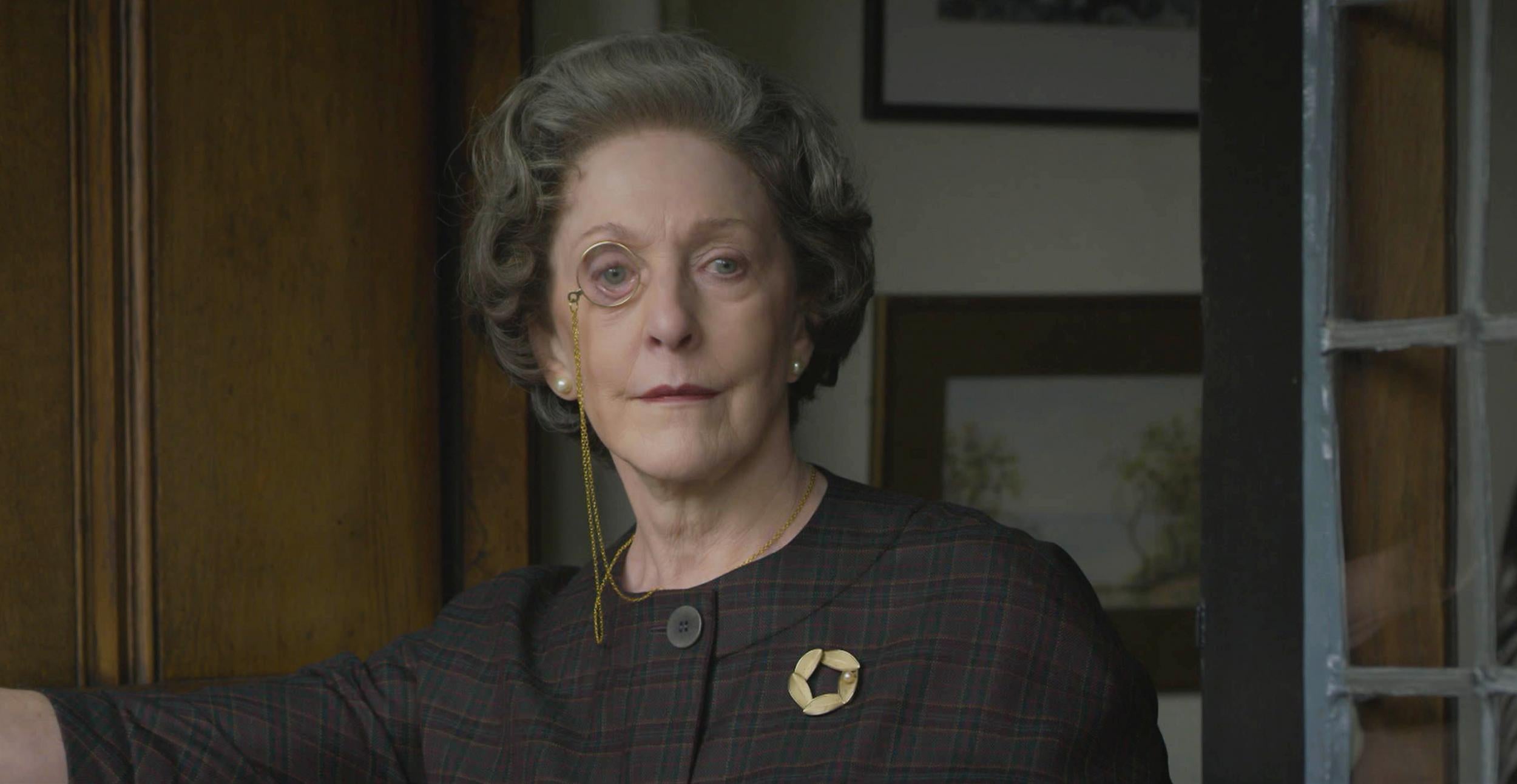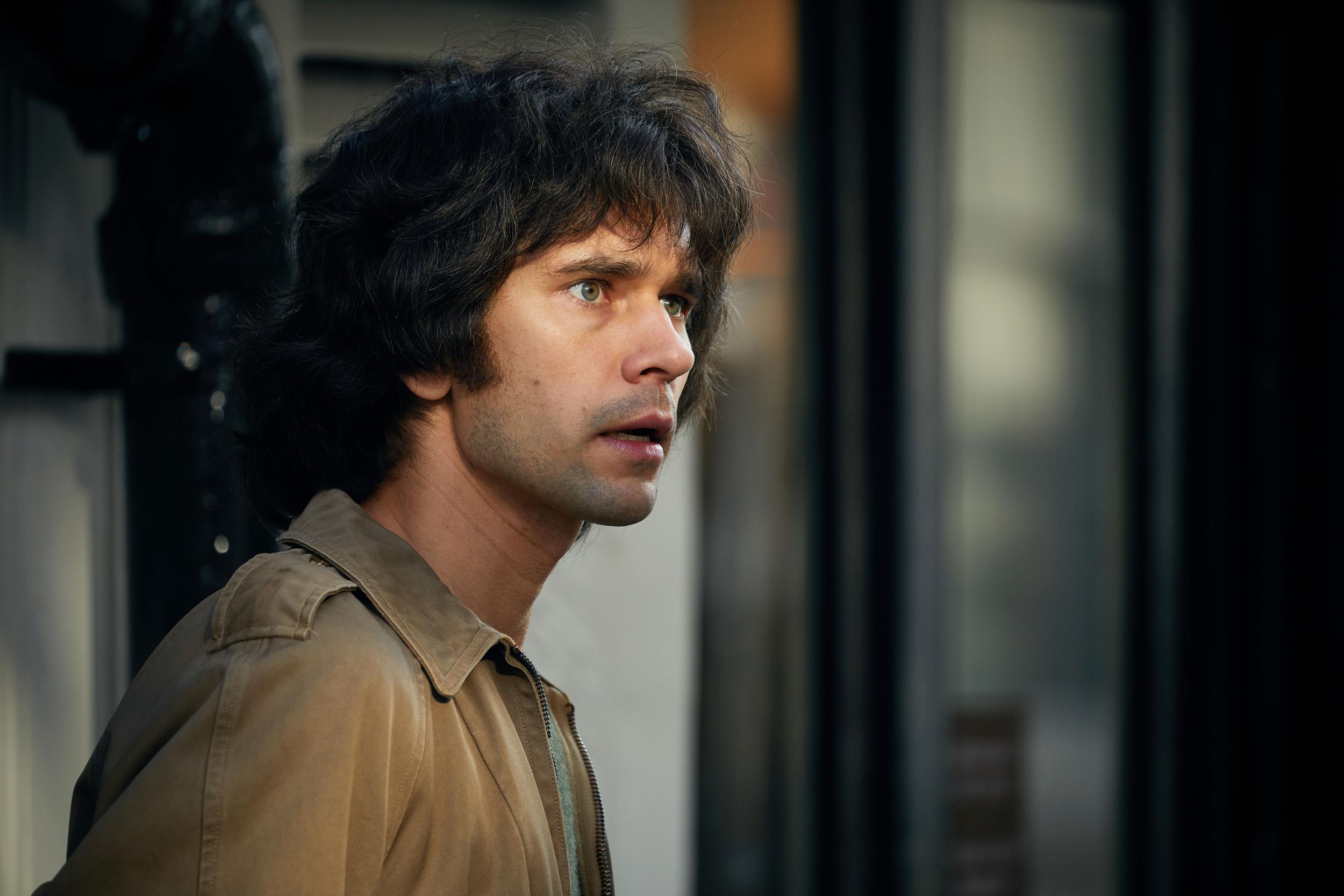A Very English Scandal episode 1 review: Hugh Grant is an inspired choice to play disgraced politician Jeremy Thorpe
Gripping and superbly executed drama, as professionally and carefully wrought as Thorpe’s own life was chaotic and risky
Congratulations, then, to the BBC and to the team who brought us A Very English Scandal, for they are the first people to have actually benefited from an association, albeit a posthumous one, with the ironically-titled Right Honourable Jeremy Thorpe, once the most popular politician in Britain before transforming into the most embarrassing, and then the most disgraced.
In 1974, Thorpe came close to becoming de facto deputy prime minister; by 1979 he came close to a lengthy jail sentence for a very serious crime: conspiracy to murder a former lover, Norman Scott.
As Hugh Grant’s alternately languid, energetic and intense portrayal in this BBC drama makes painfully apparent, Thorpe, for all his talents and fame, charm and sincere political principles, was a basically highly selfish man who eventually damaged everyone who came into contact with him: his family, friends, boyfriends, parliamentary colleagues, the entire Liberal Party, business acquaintances, financial benefactors, alleged co-conspirators (to murder, no less), and, most grievously of all, Scott. One way or another all had cause to regret ever bumping into Jeremy.
Thorpe’s remains a scarcely believable parable of hubris and self-destruction, his reputation left permanently marred and disgraced. A true tragedy, it makes, therefore, for a gripping drama.
Gripping, yes, and a superbly executed one in A Very English Scandal, as professionally and carefully wrought as Thorpe’s own life was chaotic and risky. Botched, too, that is, in the case of the plot to kill Norman Scott, a troublesome male model with whom Thorpe had once had what he admitted was an “affectionate” relationship.
Much of the credit for this dramatisation obviously goes to the stellar cast, most notably Grant, an inspired choice by producer Russell T Davies. Perhaps because Grant has had a few furtive sexual skirmishes himself, and been subjected to brutal press intrusion and persecution, or perhaps simply because he is such a fine, and still underestimated, actor that he was so well suited to the role of Thorpe. Anyway, he is cast against type, compelling to watch as the very antithesis of a romcom hero.

Much of these sorts of projects depend on a kind of grand impersonation of the main characters, as you see in The Crown, for example.
Grant captured all of Thorpe’s superficialities well: the permanent five o’clock shadow, the expansive mannerisms, the theatrical delivery of everything from a parliamentary speech on racism to an order for drinks; the trademark Edwardian dress and natty brown trilby; the steadily thinning comb-over; the gift for mimicry; the tendency to treat politics as some sort of game (this seems to be habitual among the Old Etonians even today), and, above all, the reckless randiness of his secret life as a promiscuous homosexual.
Thorpe’s tastes, if anything, are underplayed in the film, as they ran from the aristocracy to rough trade; the subjects of his desires, short and long term, most being the recipients of highly compromising billets-doux on House of Commons notepaper. This was a mysterious habit of Thorpe’s that led, inexorably, to his fall; and in the drama, true enough, there are many moments of black humour involved in trying to retrieve and destroy them.

Watch Apple TV+ free for 7 day
New subscribers only. £9.99/mo. after free trial. Plan auto-renews until cancelled.
ADVERTISEMENT. If you sign up to this service we will earn commission. This revenue helps to fund journalism across The Independent.

Watch Apple TV+ free for 7 day
New subscribers only. £9.99/mo. after free trial. Plan auto-renews until cancelled.
ADVERTISEMENT. If you sign up to this service we will earn commission. This revenue helps to fund journalism across The Independent.

Stylistically all of this was complemented by the minute attention to period detail, even down to the Clarendon typeface used in the titles. It all captured the era time-travellingly well; a substantial team delivered a remarkable tour de force for the small screen, and special praise has to go to the writers for the authenticity of the script and the people who found the props. (My only complaint being that Thorpe’s dashing Series IIIA Sunbeam Rapier car was missing in the early scenes.)
Some say there wasn’t much more to Thorpe than the superficial, but, at the end of this first episode of three, on the threshold of the conspiracy and the fall from grace, we glimpsed something that was indeed fundamentally darker – a degree of ambition (and that is far too weak a word for it) – that would drive a sane, intelligent and otherwise humane and decent man to the point of conspiring to take the life of another human being (albeit that he was eventually acquitted). Grant nailed that chilling primeval dimension to Thorpe’s personality.
Ben Whishaw as the used and abused, and by turns sweet and vindictive, Scott was pitifully believable, as were Alex Jennings as Peter Bessell, Thorpe’s fellow MP, sex maniac and close confidant; Patricia Hodge as Ursula, Jeremy’s formidable, monocle-wearing oedipal mother; and Alice Orr-Ewing, as Thorpe’s first wife Caroline, mother of his son Rupert, and who died in a car accident after 20 months of marriage.
Orr-Ewing dealt well with the fact that Caroline was plainly more than a mere “beard” for Thorpe, but what else or how happy she was we will never know – and it is those tantalising “known unknowns” of historical dramas that pose the steepest of challenges.
Today, Thorpe is remembered, if at all, for having something to do with a boyfriend and a dead dog, but his was the most spectacular and shocking scandal to hit British politics in the past century, bigger than Profumo, which was a fuss about next to nothing, or the sale of honours (hardly surprising). It was, literally, a matter of life and death. If only for that reason his story deserves a balanced and sensitive treatment. It is gratifying to see.
Sidenote: By the way, too, such is the richness of the life and times of Thorpe that it is, in truth, much better suited to the written word, and is especially well told in an absorbing biography by Michael Bloch published a few years ago, and, in more condensed form by John Preston (on which this TV adaption was based). Either way, there is much to amuse, alarm and appal in the story of John Jeremy Thorpe, (1929-2014). Even now, some of it still untold...
Join our commenting forum
Join thought-provoking conversations, follow other Independent readers and see their replies
Comments
Bookmark popover
Removed from bookmarks